
I've been working with teenagers for nearly 13 years in high school libraries. I love teens. I love their humor, passion, straightforwardness, and sense of justice. This generation of young people has a focus on inclusivity and activism, which I admire and get challenged by regularly.
Since it's May, graduation season is upon us. I still have nearly a month of school left, but many colleges and high schools are already having their graduation ceremonies. Oh, The Places You'll Go is a popular grad gift, but there are a lot of great titles out there that would be perfect for someone on the cusp of adulthood and change.
While I get to check out books to kids and read alongside them in book clubs, I don't get to assign books, but today, I'm pretending I do. Each of these 18 titles has something to offer a high school or college graduate. Each book gifts its readers with an important lesson, but none of these titles are preachy. I'm excited to share my list, so let's get started.
I read Becoming because I'm a presidential history nerd, but Michelle Obama's memoir has much to offer readers who aren't interested in politics. Everyone knows Mrs. Obama as the former First Lady, but life started in a small house on the South Side of Chicago with her parents and brother. Her family wasn’t wealthy, but they had a lot of love and extolled the importance of education. Before entering the White House, Obama earned degrees from Princeton and Harvard Law. Even with her advanced degrees and important husband, Obama still had to learn to balance work, relationships, motherhood, and living life as one of the most famous people in the world. Becoming is an inspiring, honest look at a life full of unexpected opportunities and adventures.
This generation of teens is growing up with crisis and shelter-in-place drills. Dozens of police officers have descended on two of my schools over the past couple of years because of perceived threats of violence. Many students have dealt with the trauma of school shootings firsthand, and for others, it's a fear they have each time the alarm or a siren sounds.
There were school shootings before Columbine, but April 20, 1999, changed things. Dave Cullen's account of that horrific day is some of the best journalism I've ever read. As you can imagine, Columbine is a difficult read, but it's an essential look at an event that changed the way people thought of violence in schools. Knowing how something happened can give us the information and tools to ensure it doesn't happen again.
Matt Haig is a prolific author who is vocal about his struggles with depression and addiction. In The Comfort Book, Haig shares reminders to himself and his readers that even amid pain and darkness, there's hope and possibility. I love this passage Haig shared on his Instagram, and I hope young people (or not-so-young people) struggling with their mental health will find comfort in it:
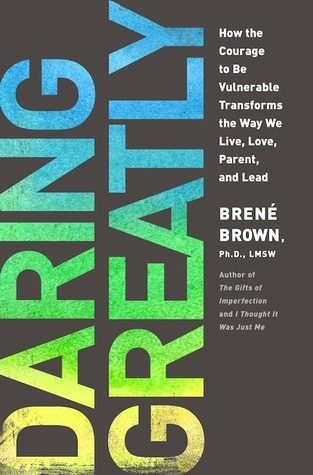
You've probably heard that water is good for you and that you should drink a lot of it. I know water is essential, but I find it rather boring and would prefer an iced coffee. This is how I feel about vulnerability: I know it's important, but I would prefer the safety of sarcasm and emotional distance. Brené Brown doesn't care. Her work on shame, courage, and vulnerability truly has changed the way I live my life. Daring Greatly is an engaging, challenging reminder to show up as our whole selves. The younger we can learn this lesson, the better off we'll be.
One of the reasons I love books, particularly memoirs, is that they allow you to step inside someone else's experience. Easy Beauty is one of the most recent memoirs I've read, and I loved it. Chloé Cooper Jones starts the book with a conversation between herself and two friends in which the friends wonder if her life is really worth living. Jones is an accomplished writer, professor, wife, and mother, but she's also disabled. Throughout her memoir, Jones reveals moments when strangers stared at, mocked, or questioned her. Despite her intelligence and achievements, Jones has to prove herself over and over again. Her story is a beautifully written reminder to embrace people for who they are, not for how they might appear on the outside.
James Baldwin is one of those writers whose work feels just as revelatory today as it did when it was first published. I wish that weren't the case, but racism is an evil embedded into much of our culture, even decades after Baldwin penned The Fire Next Time. This slim but powerful book finds Baldwin reflecting on racism and considering the civil rights movement. Baldwin is one of the most gifted and influential writers of the 20th century, and this book is an excellent place for a young person to start with his work.
Homegoing is a novel that spans centuries. Beginning in Ghana during the slave trade, the story follows two sisters and their familial lines as they experience slavery, relationships, trauma, and longing. I've heard people describe nonfiction books as true and fiction books as made up, and while the characters in Homegoing might be made up, this novel is full of truth. Yaa Gyasi is a brilliant writer who brings generations of people to life in relatively few pages. I can't think of another novel that has helped me understand historical events as much as this one did.
I'm a poet and poetry lover, so I had to include some on this list. I chose this small, bright pink book from Kate Baer. It's filled with blackout poetry Baer created using hate mail or other unwanted DMs. This book is a fun and satisfying read, but it also reminds us that we have a choice when we receive harsh words. We can believe the words speak truth and internalize them, or we can roll our eyes and create something beautiful out of what someone else might have meant to be painful.
I've followed Kendra Adachi for a long time, so when she released The Lazy Genius Way, I trusted that the contents wouldn't be another self-help book about productivity and achievement. Instead of providing readers with a 10-step plan guaranteed to change our lives, Adachi shares some principles she's found to be helpful, such as Decide Once, Start Small, and Schedule Rest. Because she uses principles instead of specific steps, anyone can benefit from The Lazy Genius Way. A first-year college student can learn how to schedule their study vs. social time, while someone in their 40s can learn how to make laundry easier. Adachi's tips have impacted my life, so I wish this book existed when I was younger.
Like Columbine, Missoula is a difficult read, but it's an important look at what can happen to women on college campuses. As I read Krakauer's reporting, I was saddened to see how often women are not believed when they're speaking out about their assaults. This wasn't news to me, of course, but it's frustrating to see women being hurt and brushed aside while perpetrators see no or little punishment. Missoula would be a good read for young women, but it's vital that young men also read this book and understand that they have an essential role to play in preventing assault and creating safe spaces for all people.
While only some students will become full-time writers, almost all still have to write something, whether that's research papers, emails, reports, or even just text messages to their boss. On Writing contains a lot of good writing advice, but I also appreciate what King's story teaches about failure and success. Carrie was rejected many times before it was published. King struggled with drug and alcohol addiction and suffered horrific injuries in a terrible accident. You see Stephen King's name on dozens of books at your local bookstore and might assume it's all been easy, but his memoir is a good reminder that success like his is never simple.
Over the years, a few students have asked me for books about September 11. It's strange to me that for students, 9/11 is just another historical event, while my memories of that day are still so fresh and vivid. American life completely shifted after the terrorist attacks, so I knew I had to include a book on this list that addressed what happened. I have yet to read this book myself, but The Only Plane in the Sky sounds like a fascinating oral history that would provide an up-close look at the events and emotions of that awful day.
In The Recovering, Leslie Jamison discusses alcoholism. She shares her personal struggles with drinking and weaves in stories about famous creatives who also battled addiction, such as Raymond Carver and Billie Holiday. Jamison writes top-tier prose and explores how alcohol shaped and hurt so many lives. In a time when many young people are beginning or deepening their relationship with alcohol, Jamison's book would be a helpful and wise guide to understanding what happens when self-control is lost.
As the famous saying goes, man cannot live on ramen and day-old pizza alone. Everyone should know how to cook, and Samin Nosrat will take readers through the basics in Salt, Fat, Acid, Heat. I love the simplicity of this book and how Nosrat introduces cooking principles instead of just providing recipes. As a bonus, this book is beautifully designed and fun to read. Check out the Netflix show, too.
The Talk is Darrin Bell's graphic memoir depicting his life in California. His white mother won't allow him to play with toy guns. A police officer corners him in his neighborhood one day when he's only a child. When George Floyd is murdered, and Bell becomes a father, he realizes he'll have to have "the talk" with his children and explain how life is different for Black people in modern America. Though the subject matter is heavy, The Talk is a quick read that highlights familial love and creative success.
In Tommy Orange's impressive debut, readers follow several characters in Oakland leading up to a big powwow. The characters intersect in ways large and small, reminding me that we're all in this together, whether we like it or not. Orange imbues his Native characters with various addictions, heartaches, longings, and loves. The chapters read like short stories, but they tie together and slowly build to the novel's jaw-dropping conclusion. We must have a solid understanding of what Native people have been through in this country, and There There does a remarkable job of opening eyes to Native history through realistic and complicated characters.
I read Tiny Beautiful Things when I was in my early 20s. That season was full of doubt and a sense of the unknown. I'm a rule-follower and planner who's not interested in the unknown, so I found solace in some of Cheryl Strayed’s thoughtful advice. Strayed writes with deep compassion and tenderness, making this book an excellent pick for a young person trying to figure out their next steps.
The title says it all here.
What books would you recommend to graduates? Have you read any of the ones on my list? Leave a comment below with your thoughts.




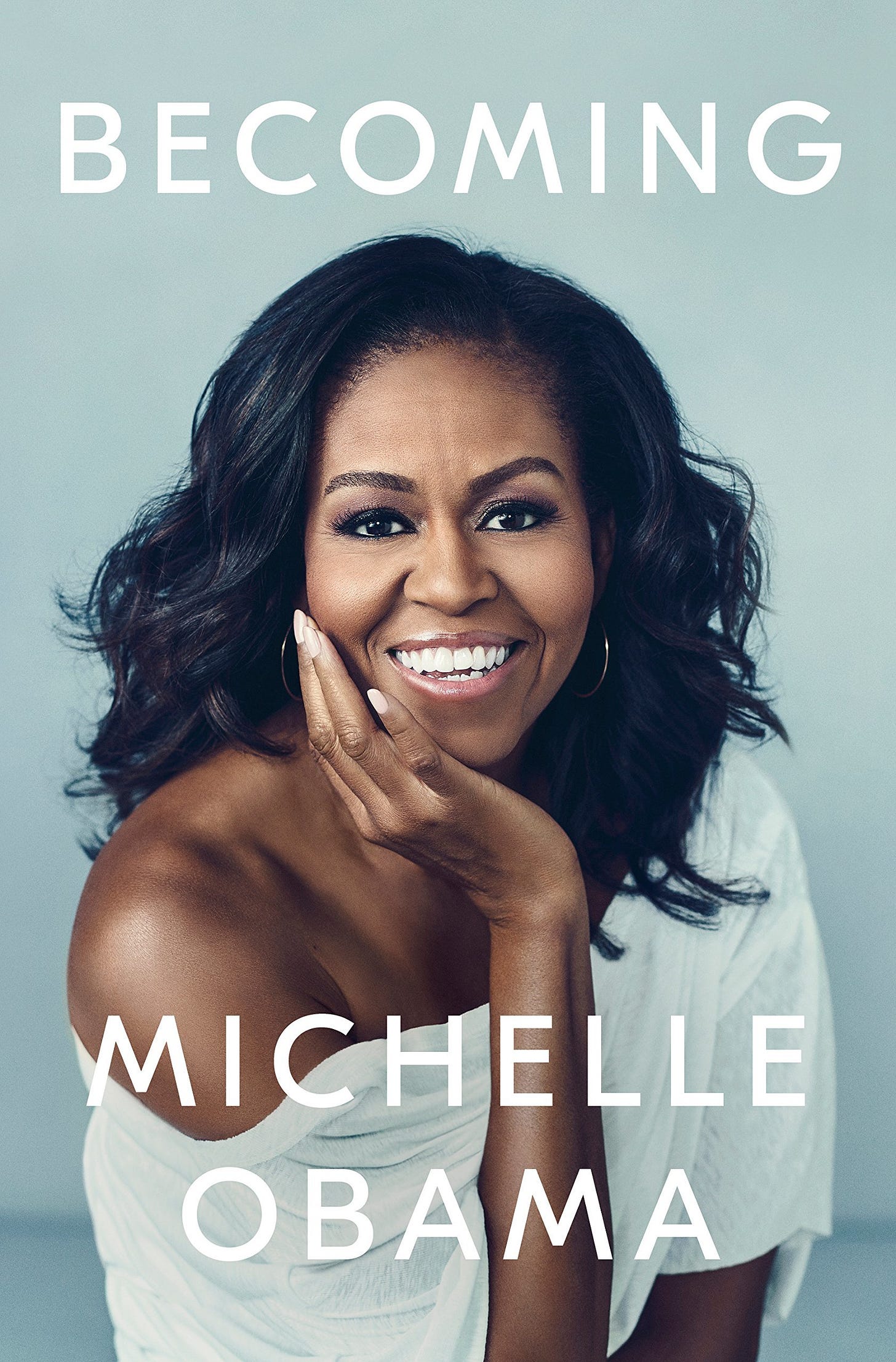
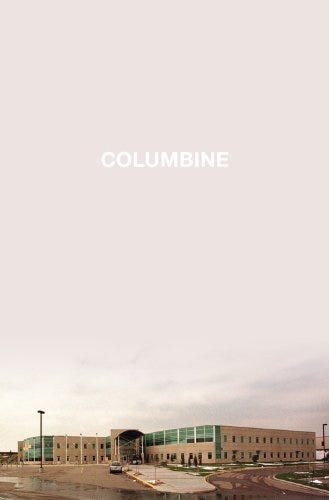
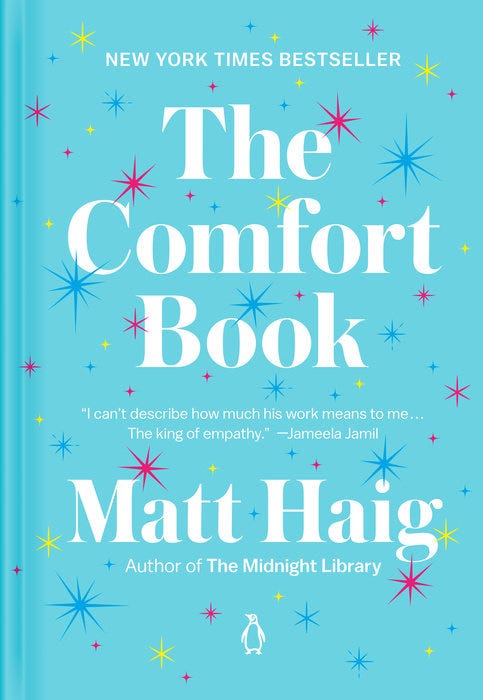
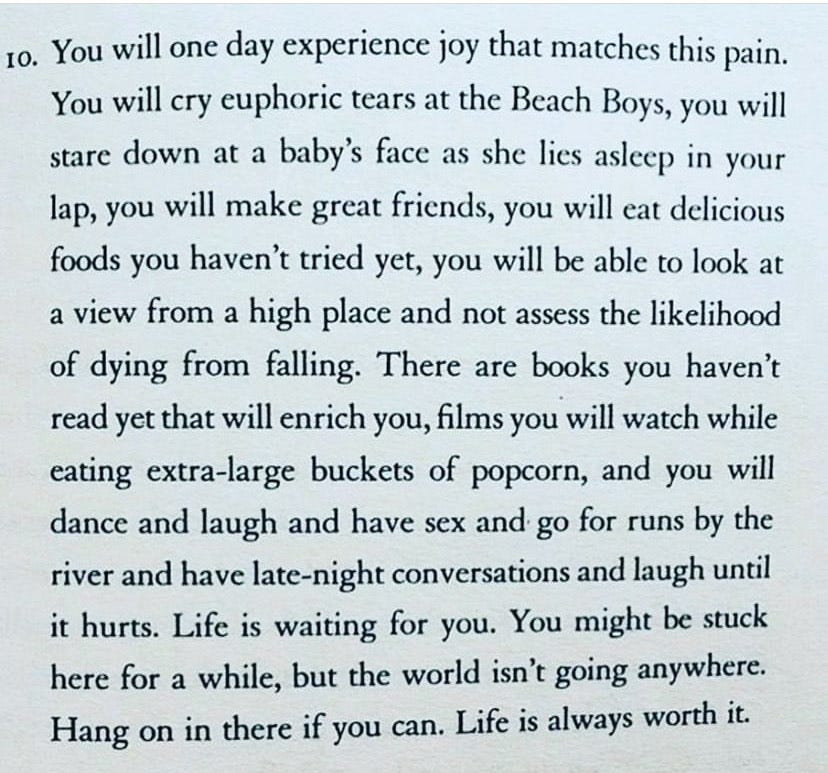
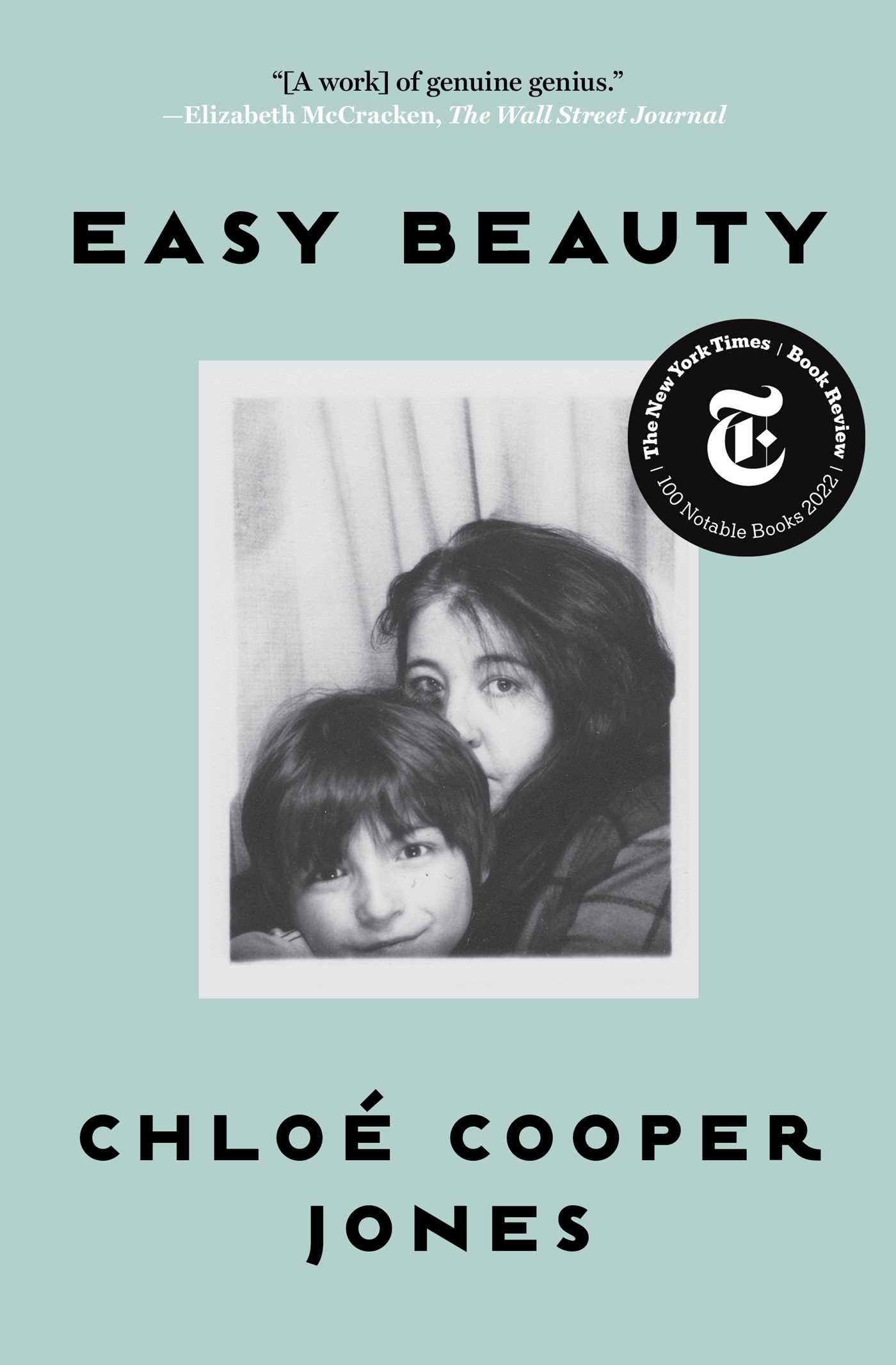
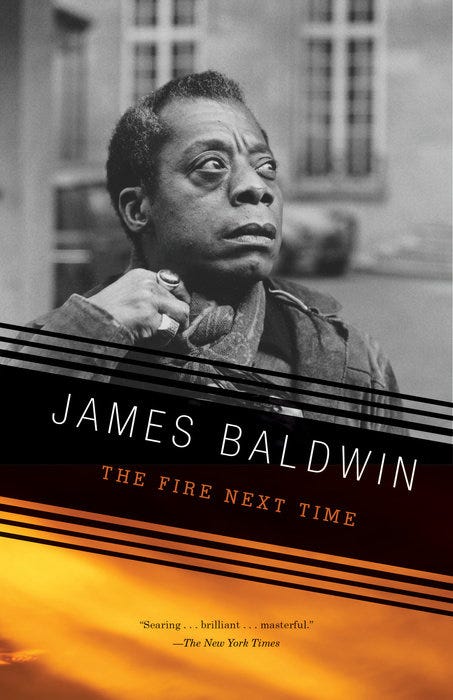
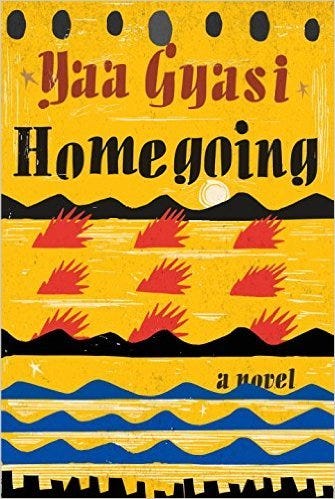
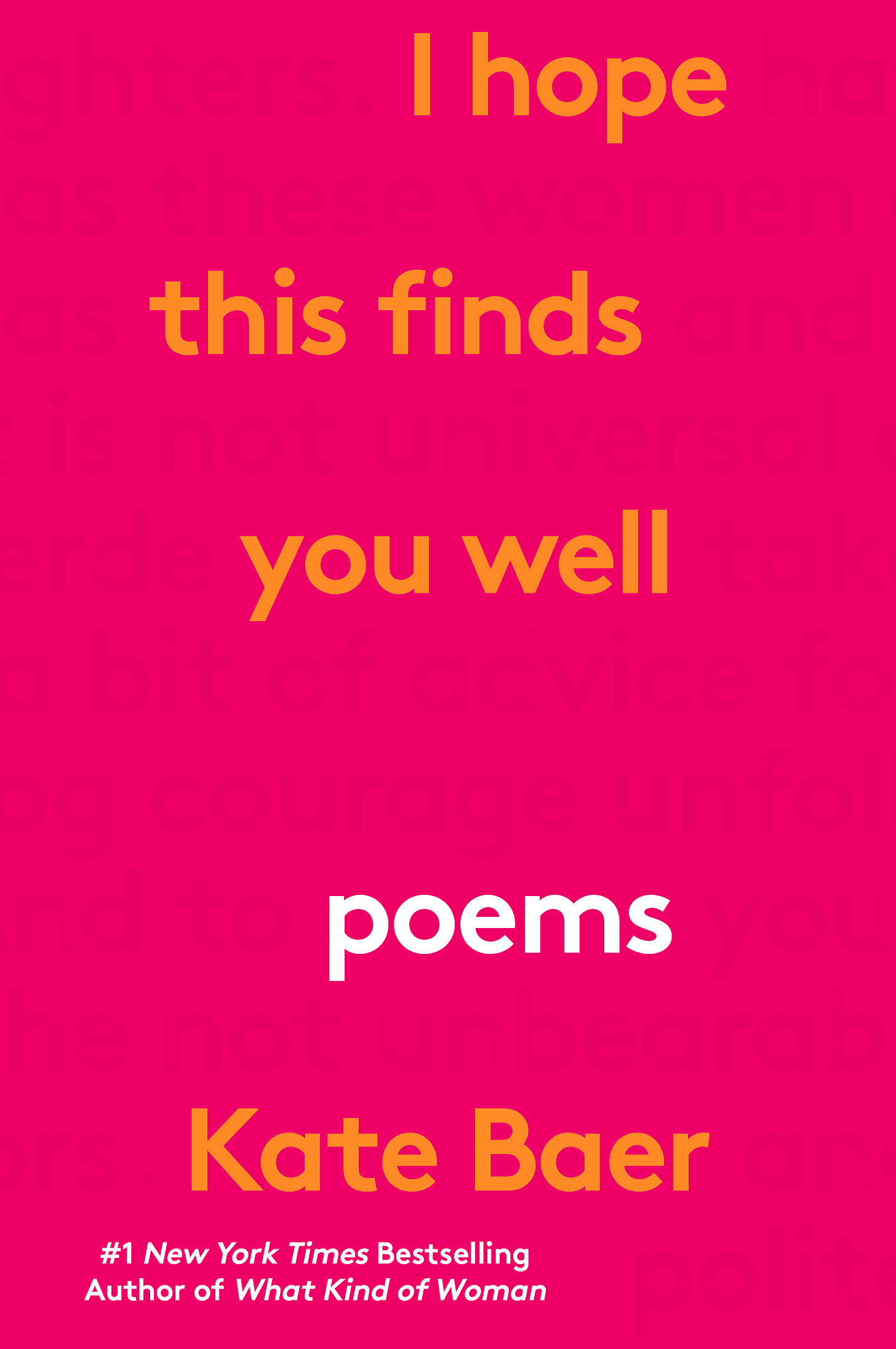
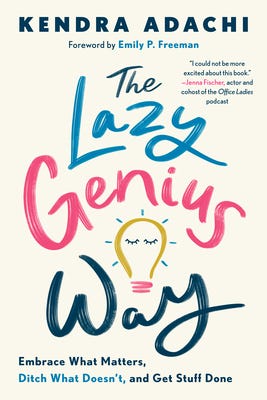
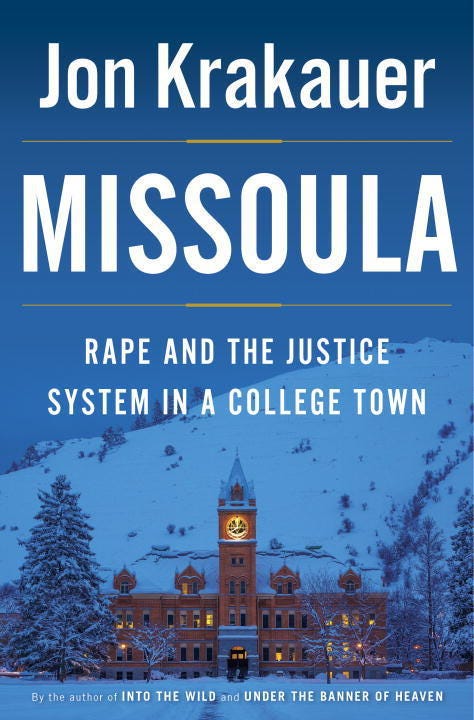
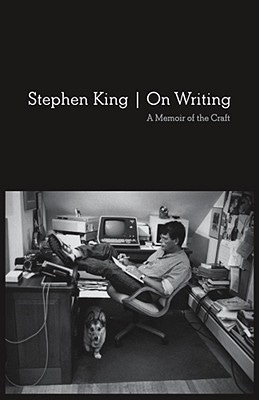
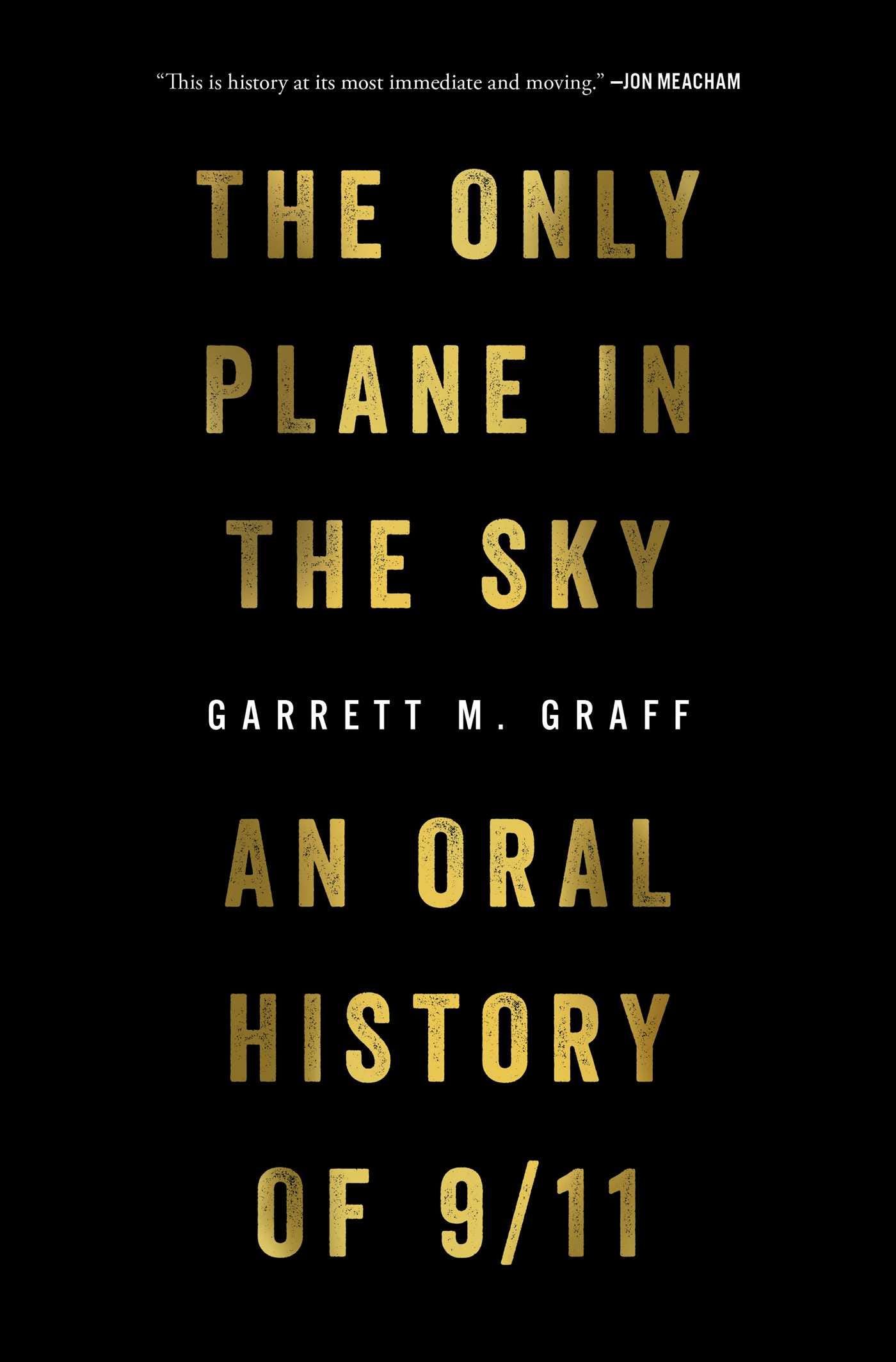
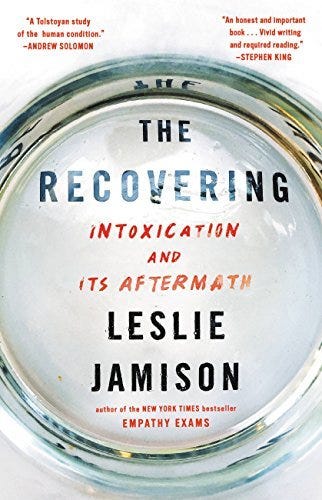
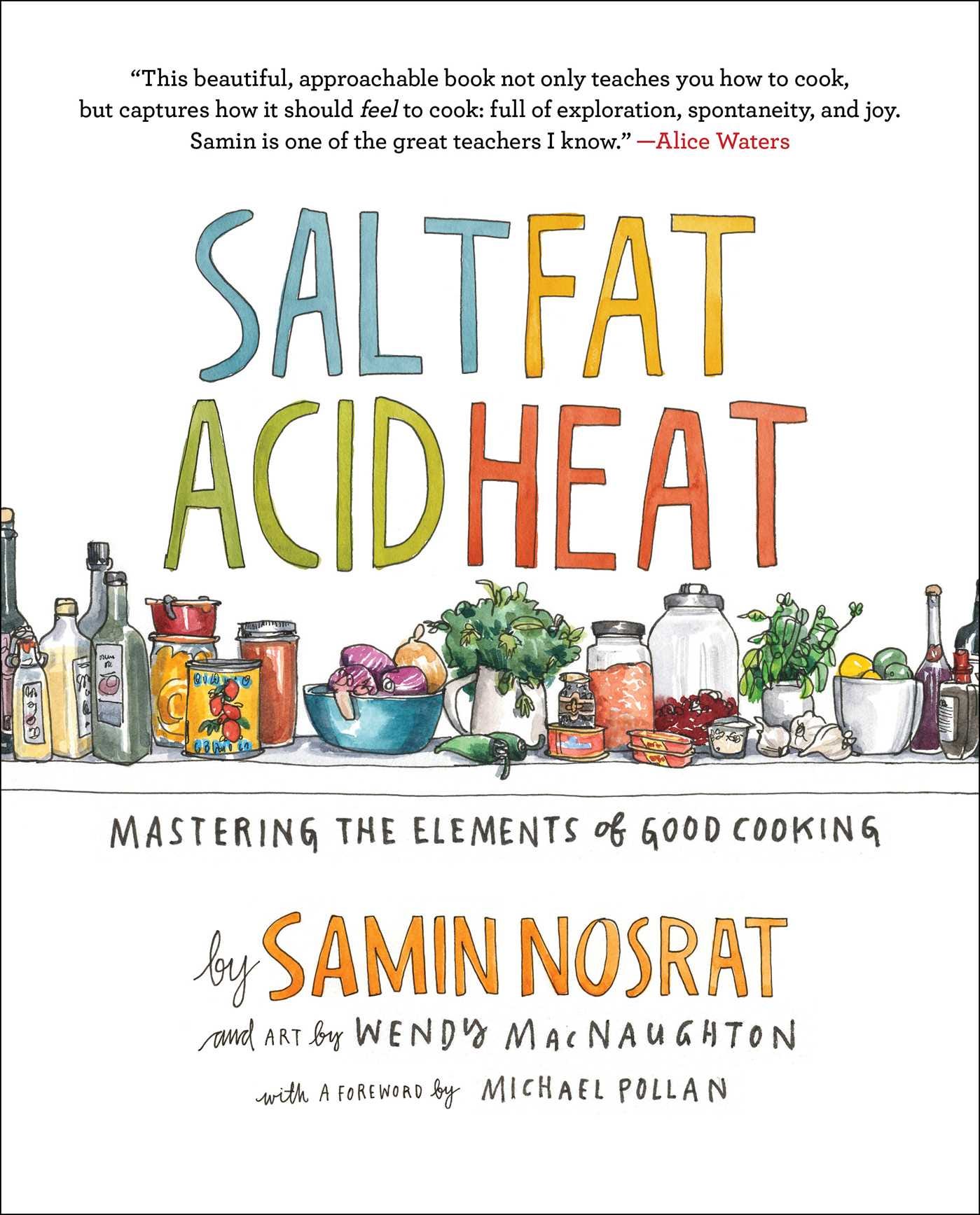
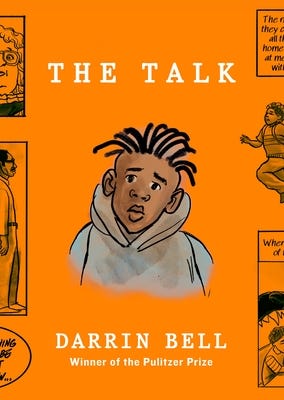
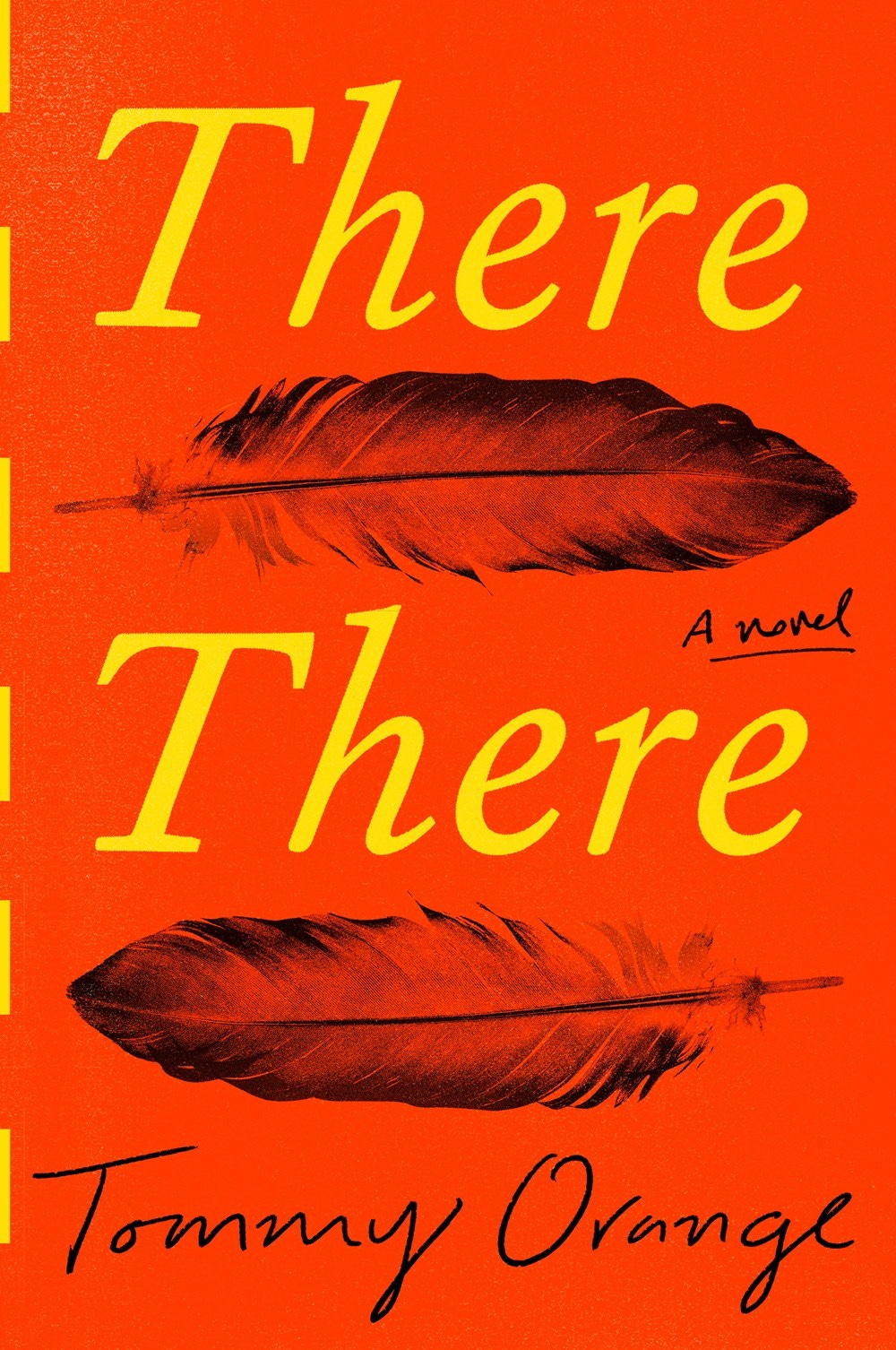
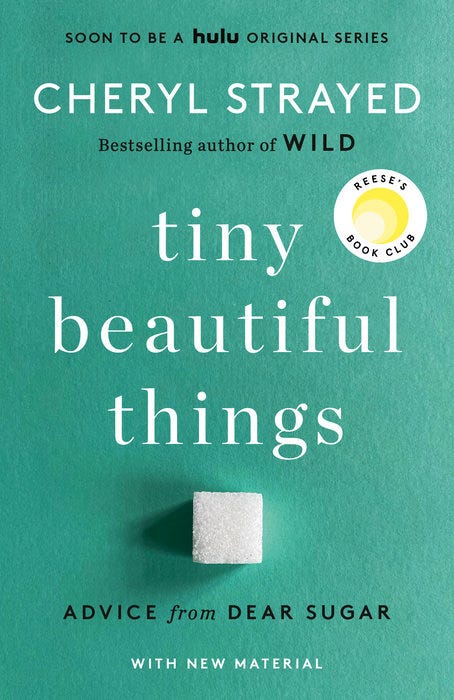
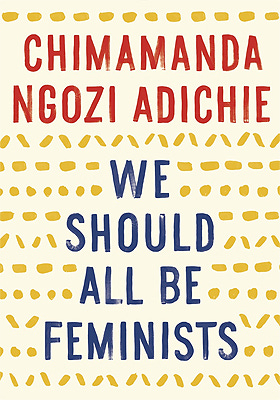
I have never read On Writing and now I want to. Columbine seems like a really depressing graduation gift.